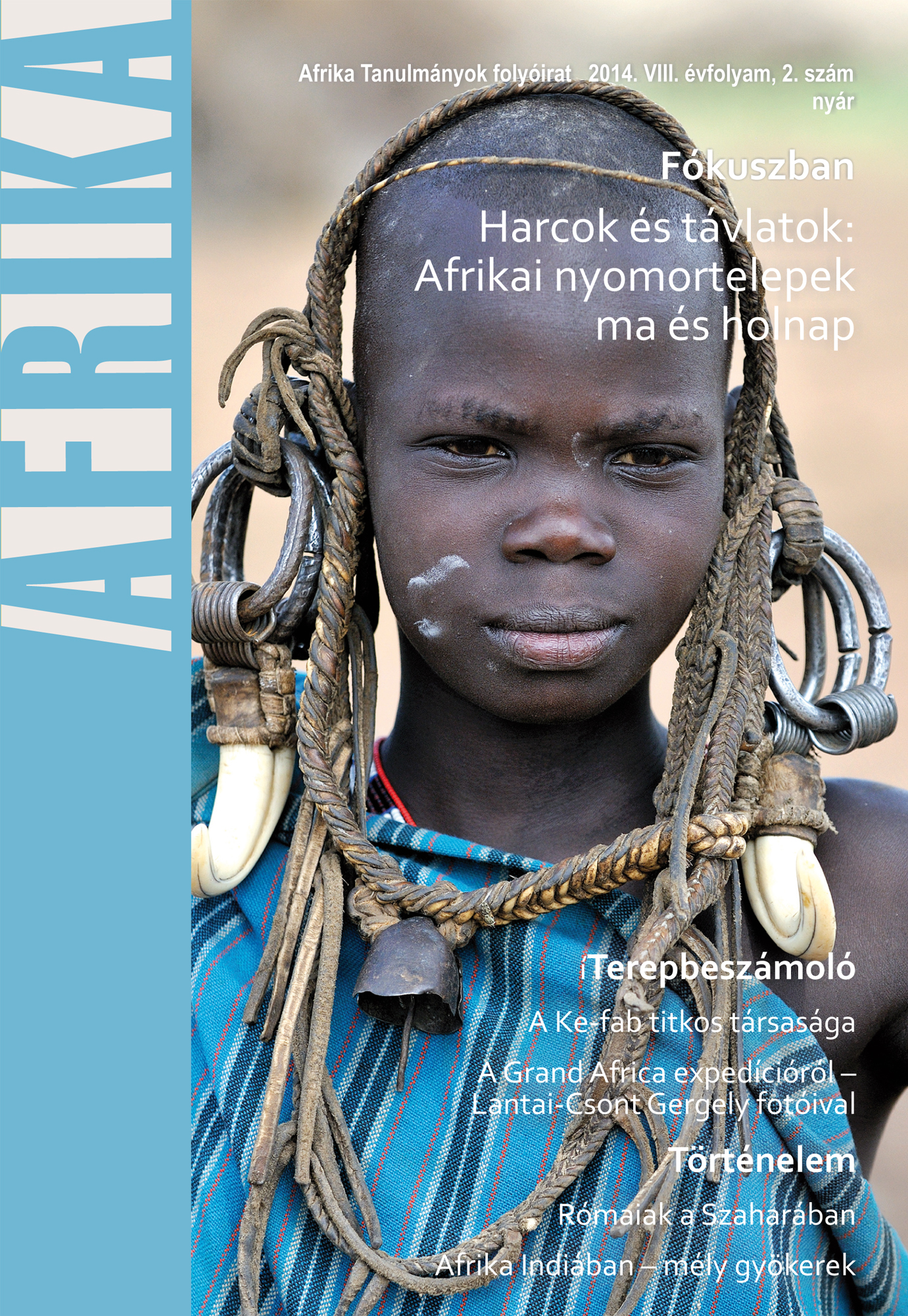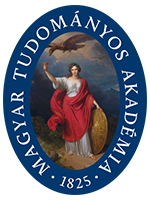Tunisia: The Constitutional Consensus of “Islamist” and “Secular” Political Powers.
The Most Democratic Constitution of the Arab World
Keywords:
Tunisia, Islamic democracy, Arab Spring, Jasmine Revolution, SalafismAbstract
In 2011 in my study entitled “Tunisia: secular dictatorship, free elections and Islamic democracy” I analysed the fall of the dictator, Ben Ali, the result of constitutional national elections, and the programme of the winning party En-Nahda (the making of the new constitution, the “Arab-Islamic identity” and the “Islamic democracy”).
In the present paper, first, I outline how the “Arab spring” unfolded from the Tunisian “Jasmin revolution”, and what consequences it had in Egypt, Yemen, Bahrein, Libya and Syria. I also look at how the desire for freedom of Arab nations and communions has gradually become subordinated to a vast and complex geopolitical, geo-religious game, which meant the end of the “Arab spring”, with the exception of Tunisia.
Following this, I analyse the political events that have taken place in Tunisia since the above-mentioned article was published. I look at what steps the different actors have taken in order to advance – or on the contrary, to hinder the democratic transition, and the kind of difficulties the elaboration of the constitution caused, which was adopted in January 2014. What were the consequences of the gradual radicalisation of the Jihadist branch of Salafism and the emergence of terrorist groups in the mountains near the Algerian border? How did the political murders in 2013, the victims of which were members of the opposition, put the functioning of institutions to a test? Why did the Islamist En-Nahda and two smaller left wing governing parties hand over the governance to a expert government?
With the consensus of the Islamist and secular powers a new constitution has been created, in which sharia is not the source of law. It declares gender equality before the law, and it is the most democratic constitution of the Arab world. Among others, Ban Ki-moon, Secretary General of the UN, and François Hollande, President of the Republic of France, have welcomed this constitution. In his speech in front of members of the Tunisian constituent assembly, the French president emphasized that the new constitution proves that Islam and democracy are compatible. The new constitution, just like Tunisia, can serve as an example to the Arab world, and beyond. The democratic transition will most probably end with the elections this autumn. However, one of the Tunisian geopolitical experts on terrorism is on the opinion that the number of terrorist attacks will increase in the country because the fight against terrorism has become priority, and it has been successful since the expert government took over. This is proven by the terrorist attack on the house of the interior minister on the night of 28 May 2014. Interior minister, Lofti Ben Jeddou says that this attack was “a revenge due to the series of success in the fight against terrorism”.
Downloads
Published
How to Cite
Issue
Section
License

This work is licensed under a Creative Commons Attribution-NonCommercial-NoDerivatives 4.0 International License.
















